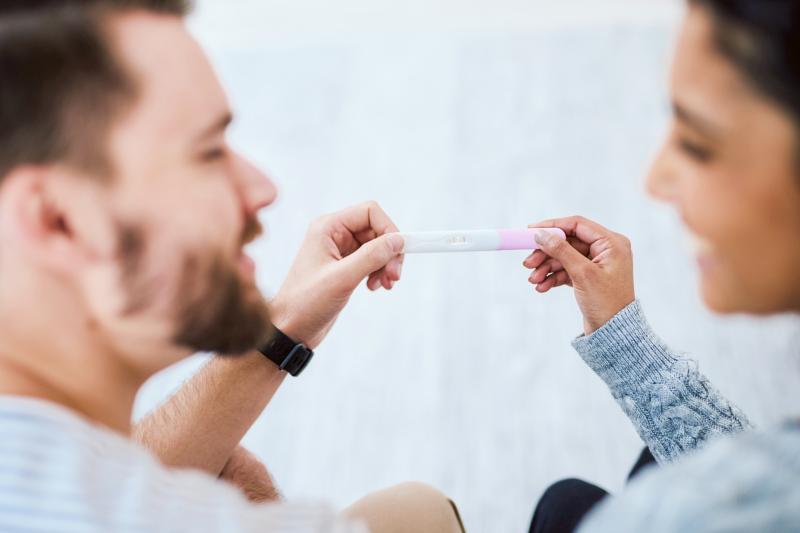
FERTILITY
The fertility protocol utilized in our clinic originated in 1999 and has undergone significant development and refinement. This approach, initially pioneered by a homeopath in Melbourne, Australia, has demonstrated remarkable success. The method has been further enhanced over the years through extensive clinical experience, consistently achieving positive outcomes within four cycles for most couples. The couples who have followed this protocol, experienced an 87% success rate.
The success observed in our practice aligns closely with the achievements of this innovative approach, which has garnered recognition from practitioners worldwide.
Many of the couples we assist arrive with complex and challenging cases. They have often endured numerous unsuccessful rounds of IVF and IUI treatments, faced recurrent miscarriages, battled endometriosis, PCOS, amenorrhea, and anovulation, in addition to the profound emotional toll that infertility can exact. Nonetheless, these obstacles have been frequently surmounted through our homeopathic approach, leading to healthy pregnancies.
The results of homeopathic fertility treatment are often rapid and transformative. Women often experience noticeable changes in their menstrual cycles within weeks of commencing treatment. Periods that were previously too light and discolored often transition to a healthier, bright red flow. Irregular cycles tend to normalize into approximately 28-day cycles. Increased cervical mucus production and heightened libido are common signs that hormone balance is being restored, indicating that eggs are likely being released. To confirm ovulation, a day 21 progesterone blood test or ovulation strips are recommended for couples seeking reassurance. Many women also report a reduction or elimination of PMS symptoms, decreased premenstrual bloating, and relief from cramps, all indicating improved hormone regulation.
For men, progress following homeopathic treatment can be confirmed with a sperm analysis conducted approximately three months after starting treatment.
Today, there are several factors contributing to the high rates of infertility among men and women. Notably, many women who have been on the Oral Contraceptive Pill (OCP) for years or even decades may experience challenges related to the return of ovulation and the expected hormonal balance. This can manifest as poor-quality cervical mucus, luteal phase defects, low progesterone levels, and hormone imbalances. Additionally, conditions like PCOS and endometriosis, along with high-sugar, inflammatory diets and delayed attempts to conceive, all contribute to the growing difficulty in achieving pregnancy in today's world.

